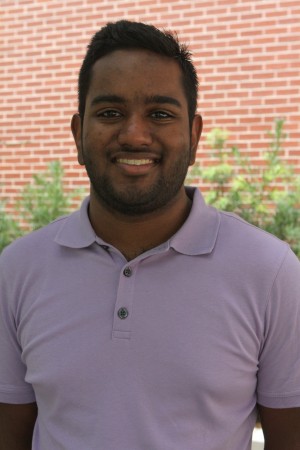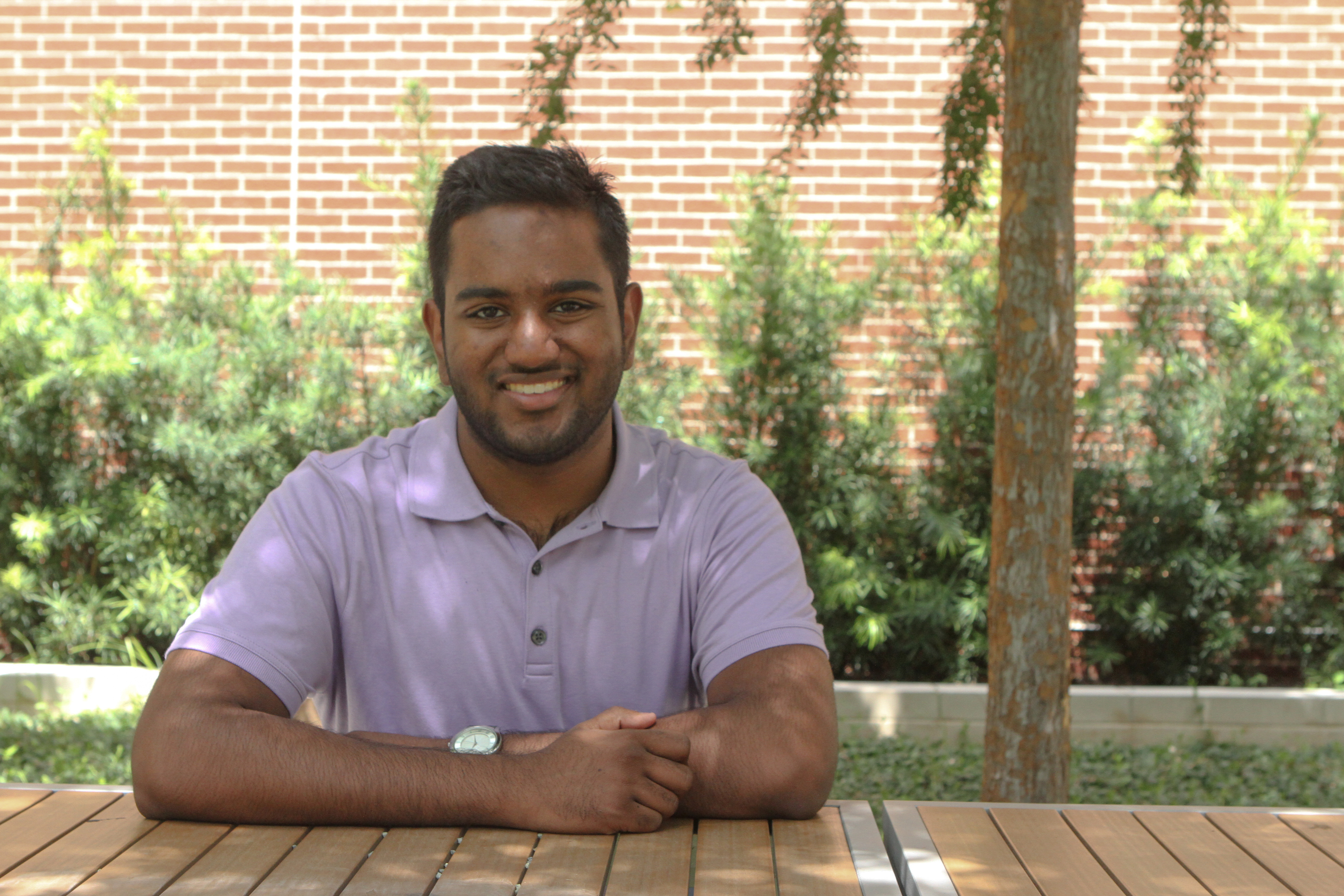
By Shehan Jeyarajah
Sports Editor
During Welcome Week at Baylor, I remember walking across campus back toward my dorm with one of my friends who was Indian. I had been on campus for a grand total of three days, and to this point, it was everything I had hoped it to be and more.
Some other Baylor students stopped us along the way to ask if they could pray with us. I figured this was just something people did here, and obliged.
They started praying and saying that they hope that my friend and I reject our false gods and instead turn to Jesus, the one true savior.
I felt too embarrassed to tell them I was born and raised a Christian, attend church every Sunday and was even wearing a gold crucifix around my neck that very second. Instead, I just awkwardly thanked them and walked away as quickly as I could.
From an outsider’s perspective, I can understand how this may just seem like an awkward misunderstanding. From my perspective, the message was clear: people here do not understand me, and they do not even care to figure out that they are woefully mistaken.
I would be lying if I said this experience did not shape my opinion of the religious types at this school.
Stereotyping, whether positive, negative or neutral, tells people that you do not have the capacity to understand their nuanced background and unique content of their character.
As a Sri Lankan Christian, I really do not fit into many stereotypes at all. I was born in Chicago, grew up in the Episcopal Church and live and breathe basketball. My dad is a doctor, but he never wanted me to be one. My mom is a fashion designer for goodness sake. I am not exactly the typical South Asian.
Despite that, I have been stereotyped time and time again for what people assume that I am. Even though I am from a “certain part of the world,” I am not a terrorist. I do not deserve to be consistently stopped at airports. I do not deserve to be constantly asked if I have to go back to India to get an arranged marriage. I’m not even from India. My brother has been called the n-word at school, and was more befuddled than upset.
I am blessed that at least when I am stereotyped, it leads merely to social barriers and does not have a significant effect on my actual well-being. Other groups may not be as lucky.
After the attacks on 9/11, violence against Muslims skyrocketed. One study quoted in the Journal of Applied Social Psychology said that anti-Muslim violence in America went from just over 300 incidents in 2000 to over 1,500 in 2001.
On Aug. 5, 2012, a shooter went into a place of worship in Oak Creek, Wis., and opened fire with the intent of killing as many turban-clad Muslims as possible. The only problem? He actually killed six Indian Sikhs. Not only did he go in with the flawed premise of Muslims hating America, he even went after the wrong people because Sikhs wear turbans.
To some extent, stereotypes do come from somewhere. Muslims are killing people in the Middle East. Unfortunately, so are Christians. To try and take nuanced issues and try and explain it as a single issue is not only wrong, but patently irresponsible.
The American experiment can never be considered a success until we get away from thinking that we understand people based off a cursory glance at their skin color or do a quick Google search to claim we understand their core beliefs.
Otherwise, we can condemn the Christians of this school for going to watch football on the Sabbath.
Shehan Jeyarajah is a junior political science major from Coppell. He is the sports editor for the Lariat. Follow him on Twitter @ShehanJeyarajah.






